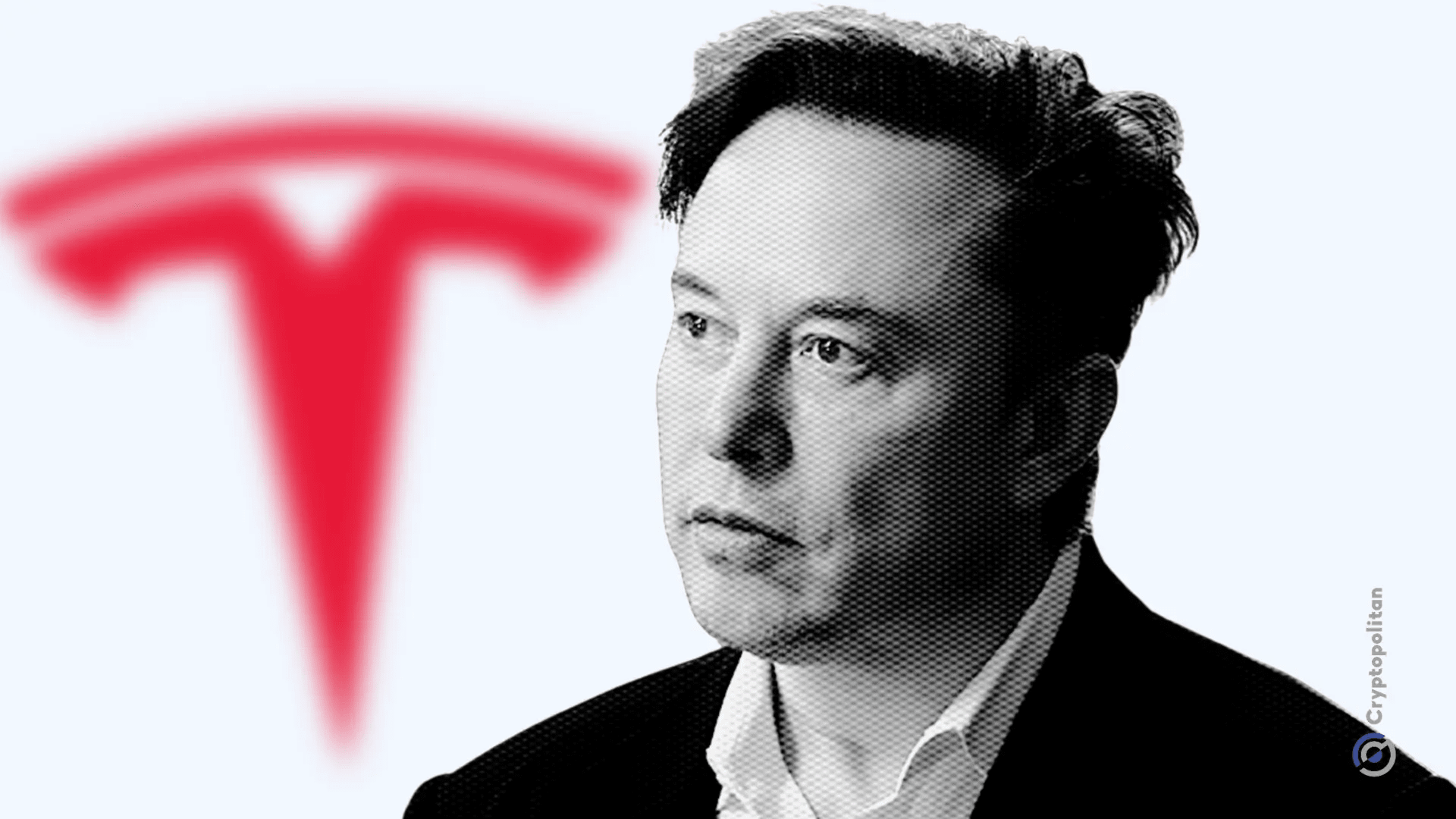based on materials from the site -
By Cryptopolitan_News

Tesla is optimizing its AI chip development program by focusing on the development of inference chips—specialized processors designed to run AI models and make real-time decisions—confirmed CEO Elon Musk.
His statement followed a Bloomberg report that the electric vehicle manufacturer had disbanded its own Dojo supercomputer team, and team leader Peter Bannon had left the company.
The billion-dollar promises of Dojo have not materialized.
The Dojo project was a large-scale attempt to create specialized training chips capable of processing vast amounts of video data and sensor data from Tesla vehicles to improve software for self-driving cars.
In a post regarding the X platform, Musk stated that it no longer makes sense for Tesla to 'divide its resources' between two completely different chips.
«Tesla AI5, AI6 and subsequent chips are well suited for logical reasoning and are at least quite good for training. All efforts are focused on this,» he wrote, without mentioning Dojo directly.
Tesla did not respond to a request for comment. When Dojo was first introduced, it was touted as a breakthrough in AI computing, and some analysts viewed it as a business opportunity beyond Tesla's core automotive operations.
In 2023, analysts at Morgan Stanley led by Adam Jonas valued Dojo at $500 billion, suggesting it could be as transformative for Tesla as Amazon Web Services is for Amazon.
They called the supercomputer a 'key catalyst at the intersection of hardware and software,' paving the way for profitable AI services. Jonas did not immediately respond to questions about whether abandoning Dojo would impact Tesla's long-term valuation.
A Bloomberg report states that the decision to close Dojo is related to both strategic and personnel issues. Recently, around 20 engineers left for DensityAI, a startup founded by former Tesla employees.
Reports indicate that the remaining members of the Dojo team are being reassigned to other Tesla data centers and computing projects.
Musk's statement reflects a broader industry trend in which tech companies optimize chip development to reduce latency, lower power consumption, and control costs. Instead of using multiple architectures for training and inference, many companies are consolidating around chips that can handle both tasks sufficiently well, especially if these chips can be scaled.
According to Musk, the next-generation Tesla AI5 chips are expected to be ready by the end of 2026. The company has also signed a $16.5 billion contract for AI6 chips from Samsung Electronics, although production timelines have not been disclosed.
Musk stated that AI6 will be used in Tesla's autonomous driving systems as well as in the Optimus humanoid robots, and may find broader applications in other AI-based services.
The shift in strategy regarding AI chips comes during a challenging period for Tesla. Over the past year, the company's stock price has fallen amid slowing electric vehicle sales in the face of increasing competition from rivals in China and the U.S. In Europe, consumer backlash against Musk's outspoken political statements has also negatively impacted the brand.
Tesla has undergone significant restructuring, including the departure of several high-ranking executives and the reduction of thousands of jobs. While the company continues to invest in vehicle production, it is increasingly focusing on AI-based software, autonomous driving capabilities, and robotics. Musk insists on a closer integration of Tesla with his other projects, including X and xAI.
By directing resources toward the development of inference chips, Tesla is betting on faster and more energy-efficient data processing using AI at the edge—in cars, robots, and other devices—rather than relying solely on extensive data center infrastructure.
This approach could allow Tesla to accelerate the deployment of its autonomous systems, but it also raises questions about the fate of large investments in Dojo. If the supercomputer developed by the company was meant to be a cornerstone of Tesla's future AI, the decision to close it indicates a serious shift in priorities.
For now, Musk remains optimistic about the performance potential of future chips. Whether this optimism will translate into the cross-industry effect that some analysts once predicted for Dojo will depend on how quickly Tesla can bring its new hardware to market and how successfully it can compete in the rapidly changing world of artificial intelligence.
With us (in this group !), those (subscribers !) who are looking for fresh and relevant news, do not want to browse dozens of different sites and news publications, and can afford to read all the most interesting news in one news feed !!! 😉
enjoy your viewing !!! 😊


